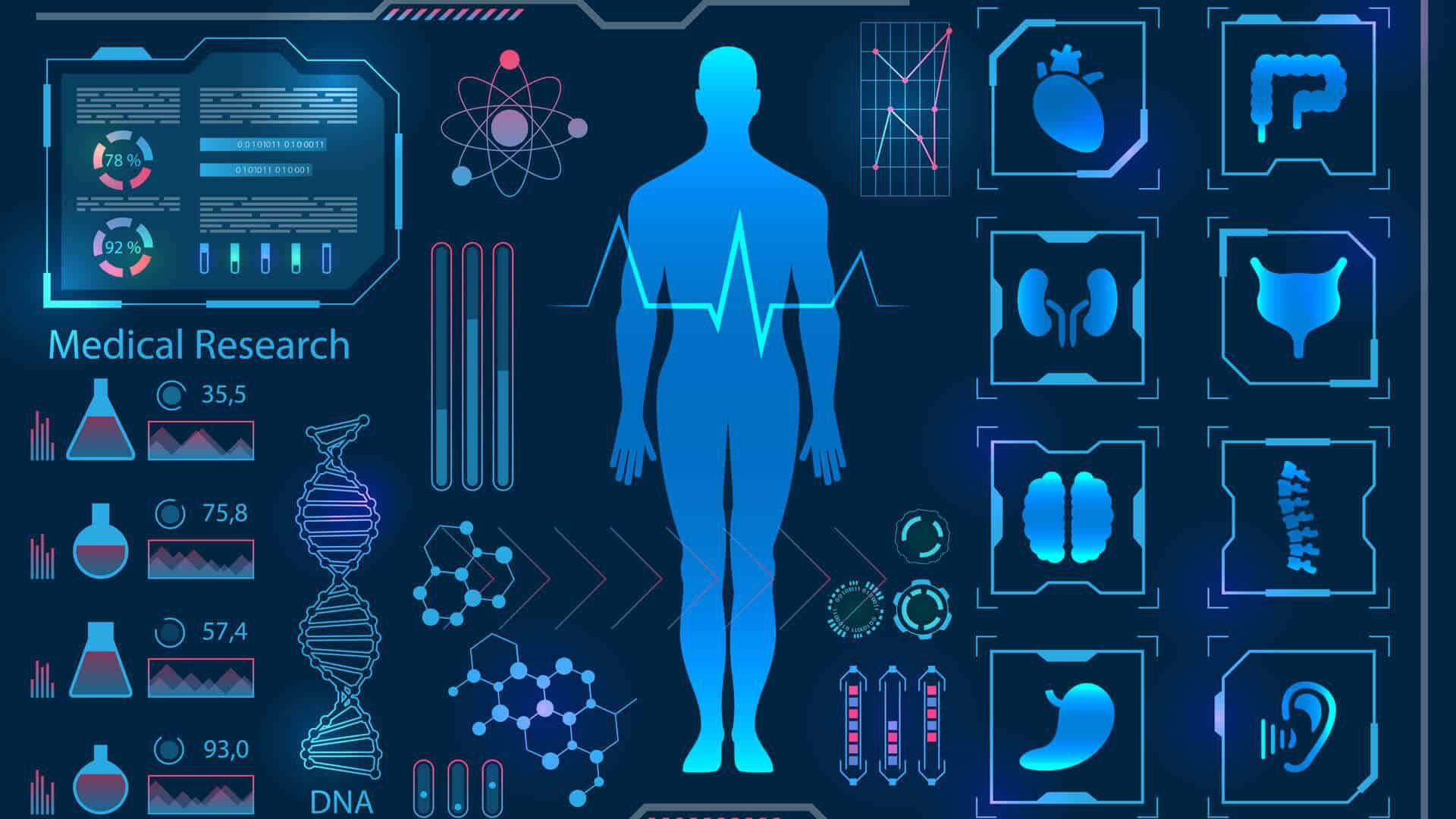
AI’s Leap into the Healthcare Arena: Revolutionizing Diagnostics and TreatmentAI’s Leap into the Healthcare Arena: Revolutionizing Diagnostics and Treatment Artificial intelligence (AI) is transforming the healthcare industry at an unprecedented pace, bringing forth a paradigm shift in the way diseases are diagnosed and treated. This groundbreaking technology is empowering healthcare professionals to achieve greater accuracy, efficiency, and personalization in their work. Redefining Diagnostics AI algorithms excel at analyzing vast amounts of medical data, such as patient records, imaging scans, and genomic information. This enables them to detect patterns and make diagnoses with precision that often surpasses human capabilities. For instance, AI systems can identify subtle abnormalities in medical images that may escape the notice of even experienced radiologists. Precision Treatment Once a diagnosis is established, AI can assist in developing personalized treatment plans tailored to the specific needs of each patient. AI algorithms can analyze genetic profiles, lifestyle factors, and response to previous therapies to predict the most effective treatments. This precision approach improves patient outcomes while minimizing adverse effects. Remote Monitoring and Early Intervention AI-powered wearable devices and sensors allow for continuous monitoring of patient health parameters. By tracking vital signs, activity levels, and sleep patterns, these devices can detect signs of illness or impending health events early on. This enables prompt intervention, preventing complications and improving patient well-being. Drug Discovery and Development AI is revolutionizing the drug discovery process by accelerating the identification and optimization of new drug candidates. AI algorithms can predict the molecular structure of potential drugs and their interactions with disease-causing proteins. This reduces the time and cost of drug development, bringing life-saving therapies to market faster. Challenges and Considerations While AI holds immense promise for healthcare, its implementation presents several challenges. Ethical concerns regarding data privacy, algorithmic bias, and accountability need to be addressed. Additionally, healthcare professionals need to be adequately trained to integrate AI into their practice. Conclusion AI’s leap into the healthcare arena is reshaping the industry for the better. By enhancing diagnostics, personalizing treatment, enabling remote monitoring, and accelerating drug discovery, AI is transforming the way we prevent, diagnose, and treat diseases. As AI continues to advance, its impact on healthcare is expected to grow even more profound, leading to unprecedented improvements in patient outcomes and the overall healthcare experience.
Posted inNews